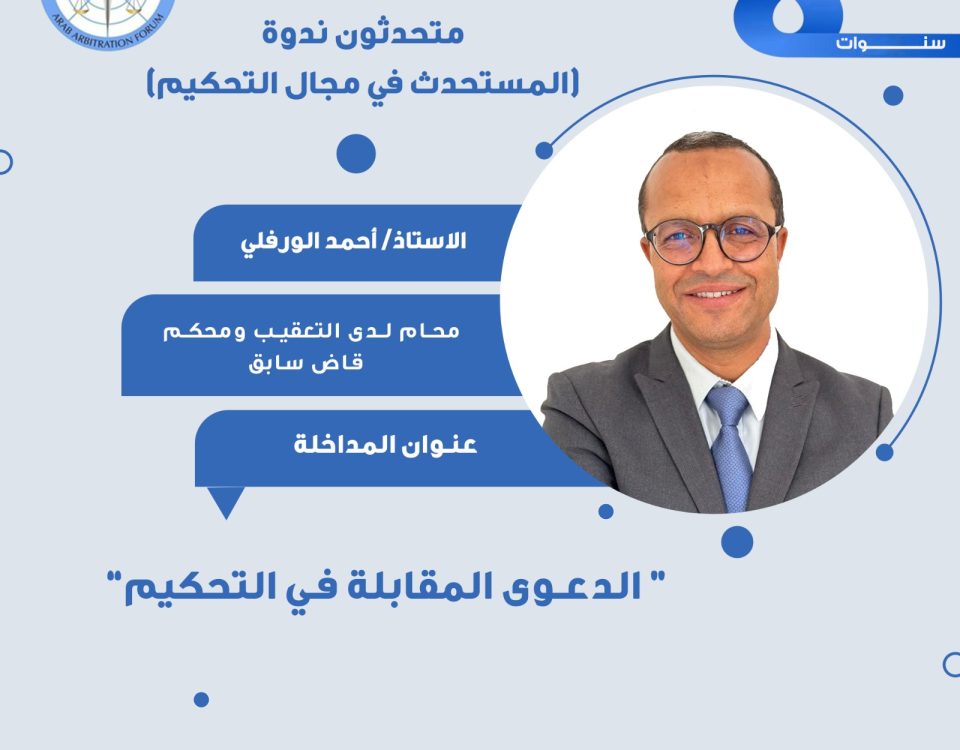In a recent award published on the official website of CAS-TAS (http://www.tas-cas.org/fileadmin/user_upload/Award_4785__FINAL__with_signature_for_publication.pdf), the arbitral tribunal had to deal with a request made by Real Madrid Club de Fútbol’s counsel: that the procedure be held in both English and Spanish.
Yet, in its Statement of Appeal filed on 27 September 2016, Real Madrid stated that the
Parties had previously agreed to, (i) an expedited procedure in accordance with Article
R52 of the Code so that a decision (with or without grounds) be rendered before the
Winter transfer window in Spain, and (ii) a bilingual procedure (English as the language of the written submissions and the hearing, with no need to translate any
documents or testimony submitted in Spanish)[1].
FIFA (represented by Marco Villiger, its Chief Legal and Integrity Officer (Swiss) and Marc Cavaliero, Head of Disciplinary (Swiss)) did not contest these statements and interpretations. Therefore, on 30 September 2016, the CAS Court office accepted to conducting an expedited and bilingual procedure in English and Spanish, as the Parties had requested.
Accordingly, CAS-TAS appointed an ad hoc clerk, Mr. Francisco A. Larios (Spanish speaking American lawyer), as well as the CAS Counsel, Mr. Fabien Cagneux (Swiss lawyer). The arbitrator, jointly appointed by the Parties, was Swiss (Mr. Michele A. R. Bernasconi).
The submissions of the Parties were written in English and Spanish, and the Award was made in English. Nevertheless, the Tribunal reported certain requests were expressed in Spanish with unofficial translations provided in English (page 12/13 of the Award, ⁋ 36, page 23, ⁋ 55, and page 31 ⁋ 88, 89 and 90).
In general, bilingual arbitrations are not accomplished in only one way. It depends on the parties’ agreement and on the specific circumstances of the case. The task can be complicated where the two languages chosen are not linguistically similar (Arabic/ French) or where one or more of the arbitrators does not have sufficient linguistic skills. In one case, an Arbitral Tribunal opted to write an award in Arabic and French in a unique manner: one paragraph in Arabic, followed by one in French.
Ahmed Ouerfelli
Attorney at law
Ouerfelli Attorneys & Counsels





